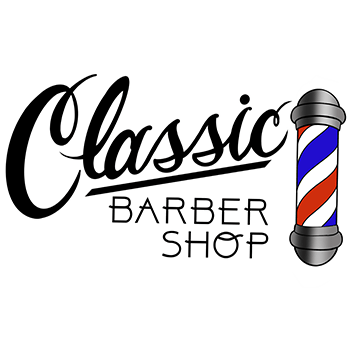Barbers as Cultural Curators Molding Community Identity and Bonding in New Metropolis
Hair salons in New York City are more than just places to get a haircut; they function as crucial community hubs that help shape community identity and foster connections among residents. These businesses have a rich heritage in city settings, serving as meeting spots where people from diverse backgrounds come together. In many areas, barbershops are often the initial place where individuals can engage in conversations about local issues, share stories, and forge relationships. This distinct role makes barbers not only talented professionals but also community curators who contribute to the community fabric of their neighborhoods.
The atmosphere in a barbershop is often vibrant and inviting, creating a space where clients feel at ease sharing themselves. Barbers are known for their skill to connect with clients, often engaging in discussions that range from athletics to current events. This engagement helps to create a feeling of belonging among patrons, as they share their stories and viewpoints. In many instances, barbershops reflect the cultural diversity of the areas they support, showcasing different haircuts, grooming techniques, and even sounds that connect with the local population. This cultural exchange enriches the interaction for all involved and strengthens community ties.

Barbershops also play a significant role in maintaining cultural heritage. Many barbers have been educated in specific techniques that are passed down through generations, ensuring that unique styles and practices are not lost over time. For example, certain haircuts and grooming practices may be linked to cultural heritage, allowing clients to show their identity through their look. By upholding these customs, barbershops help to preserve cultural stories alive, providing a feeling of pride and connection for local members.
In furthermore to their cultural importance, barbershops often participate in community service and assist local causes. Many barbers take an proactive role in tackling social issues, such as education and health education, by organizing events or providing resources to their clients. This involvement demonstrates a commitment to the well-being of the community and encourages a feeling of responsibility among barbers. By using their platforms to promote positive development, barbershops become essential players in the local area, further discover this info here reinforcing their role as community curators.
Overall, barbershops in New York City serve as essential spaces for cultural exchange, community development, and identity creation. They provide a distinct environment where individuals can connect, share, and honor their varied backgrounds. As cultural curators, barbers not only shape the way people present themselves but also affect the broader social dynamics. By understanding the importance of these establishments, we can appreciate the vital role they have in building connections and maintaining cultural heritage in urban settings.